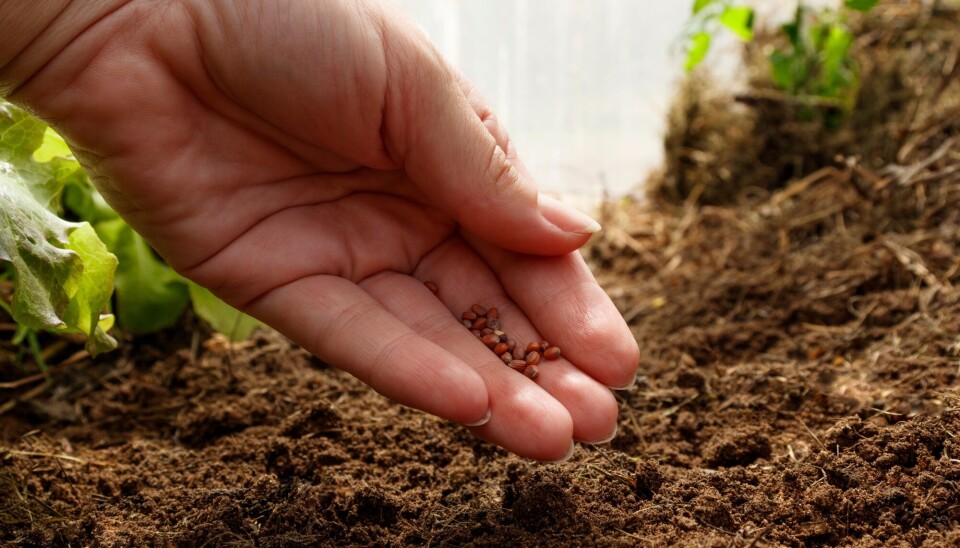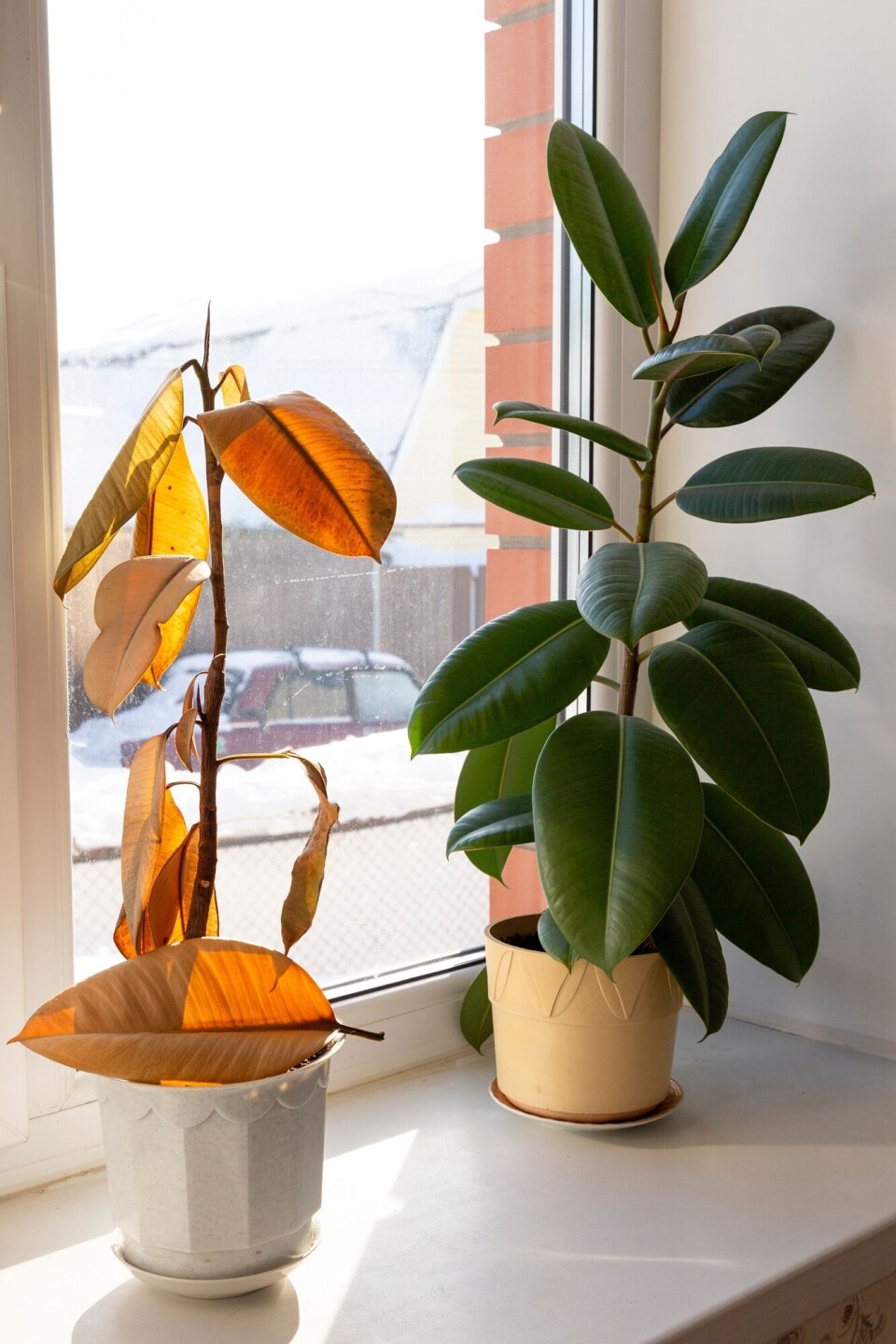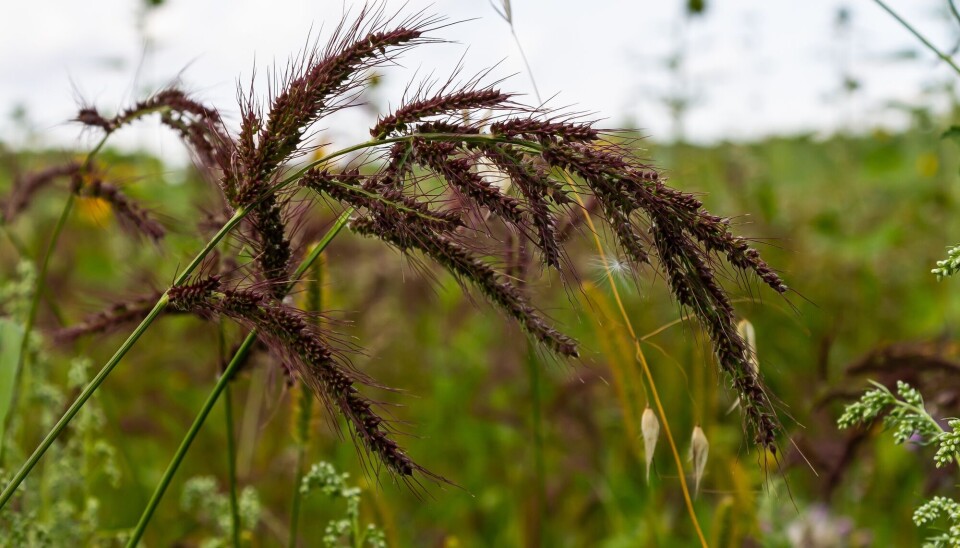Plants can remember stress they experienced as seeds
Even without a brain, plants remember things they experienced as small seeds.

Plants don't have memory like humans do, but they can still remember.
Since they don't have a brain like us, they have to remember in a different way.
Most viewed
Their memory resides in the cells.
And the memory helps them handle stress better.
Plants' immune system
Both plants and we humans have cellular memory through our immune systems.
If you've had chickenpox or you're vaccinated against a disease, then your body remembers it.
The next time you encounter the disease, your body knows how to react.
It's roughly the same for plants.
Exposed plants to stress
"Through experiments where plants have been exposed to stress, researchers have found that plants tolerate stress better the next time they experience it. However, what counts as stress for one plant might not be stressful for another," says Jorunn Elisabeth Olsen.
She researches plants and stress at the Norwegian University of Life Sciences (NMBU).
Examples of stress include drought and cold temperatures. Some plants cope with these conditions better than others.
Plants in Norway tolerate cold better than plants in warmer countries.

"There are many plants in Norway that are naturally tough because we live in an area with winter frost. Compared to, for example, cucumber plants that come from an area without winter frost, we can say they're a bit wimpy. Our plants are incredibly tough when it comes to low temperatures," she says.
Remember from when they are seeds
To find out how long plants remember, the researchers took seeds from plants in different parts of Norway.
This is how they discovered that the plants remember what the climate was like when they were seeds.
"The researchers discovered this because they took seeds from trees growing in different places, such as high above sea level or far north. These seeds were put together with seeds from plants in southern Norway, and then they saw that the seeds from the north or from high altitudes were tougher than the plants from southern Norway," she says.
Olsen says that this is a good thing. It creates greater variation.
Stress can be beneficial
Stress can make plants a bit stronger, as long as it's not too much stress.

This is actually something you can test on the plants you have at home.
"If you have a neighbour who's very good at watering and you rarely water, and you both have exactly the same plant, you can try an experiment. You'll see that if you both go away on vacation, your neighbour's plant will die faster. That plant isn't used to stress and hasn't developed any protection," she says.
But the plants will probably look a little different.
A plant that gets lots of water and nutrients will have both more and stronger leaves.
Too much stress can be fatal
Of course, stress can also reach a point where it becomes harmful – or even fatal – for plants.
"One type of stress that's deadly is extreme drought stress. The summer of 2018 was a drought summer that prevented the grain fields from growing. But some weeds like cockspur grass managed surprisingly well. They survived because they're much better adapted to drought. They have defence systems that make them more resilient," says Olsen.
Sometimes, the ability to handle stress is not enough for plants.

With climate change, they also face new challenges.
"Climate change brings species from the south. That means species that usually live in warmer regions can move further north. Then there will be more competition among plants. So it's not enough that plants handle stress. They also have to be able to compete with other plants," she says.
———
Translated by Alette Bjordal Gjellesvik
Read the Norwegian version of this article on ung.forskning.no
Related content:

Subscribe to our newsletter
The latest news from Science Norway, sent twice a week and completely free.

























































